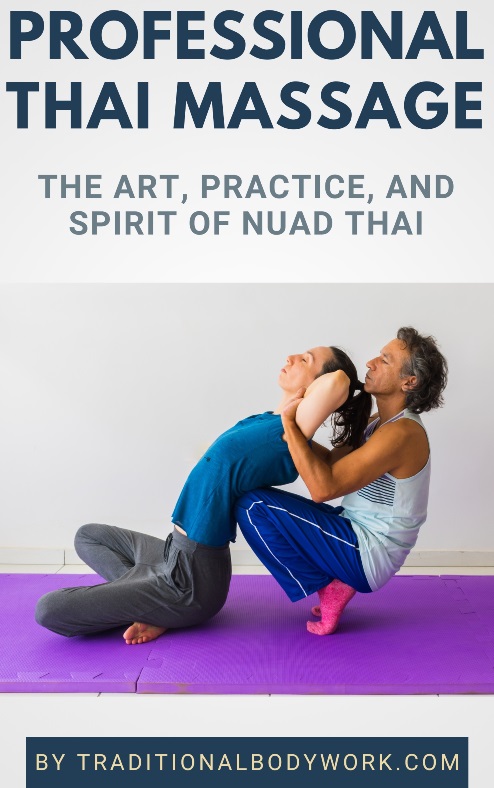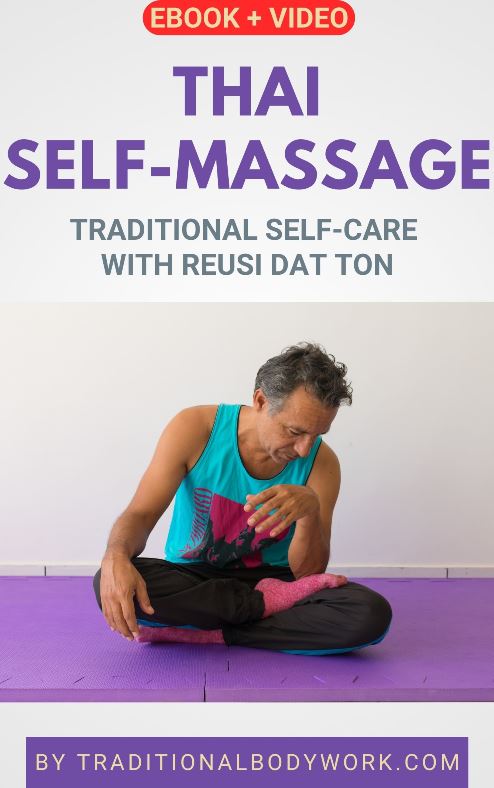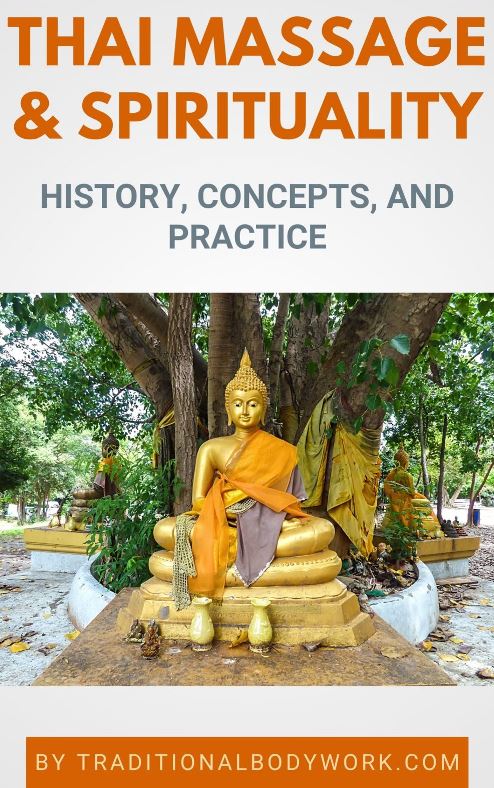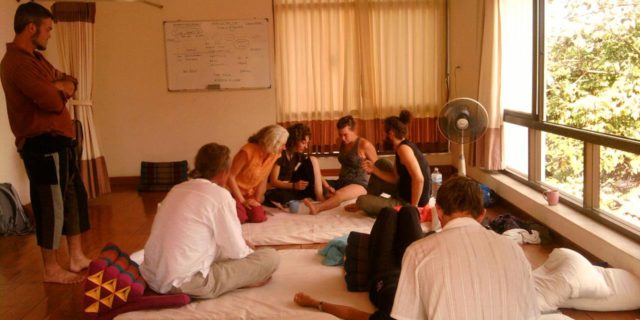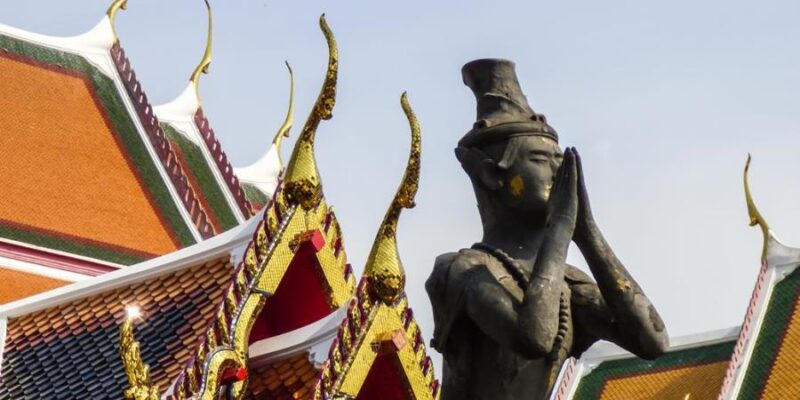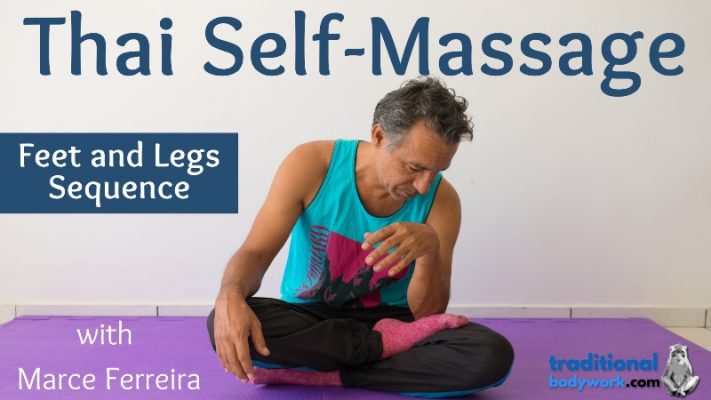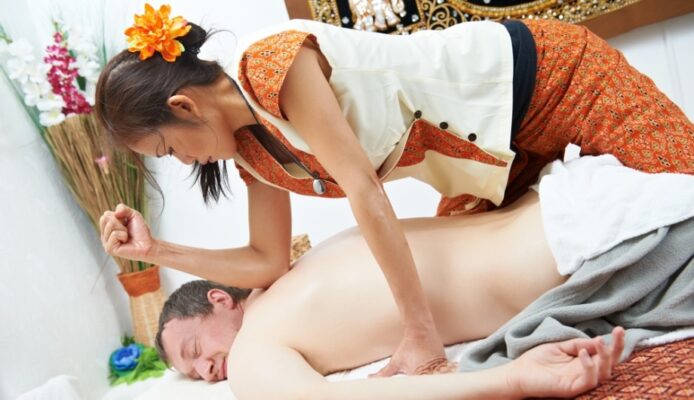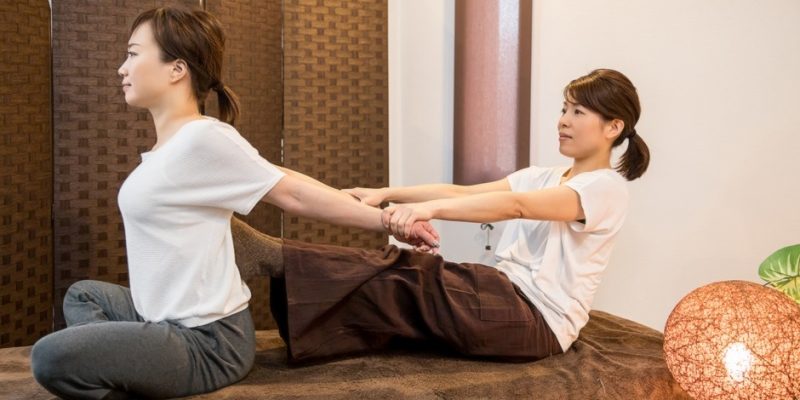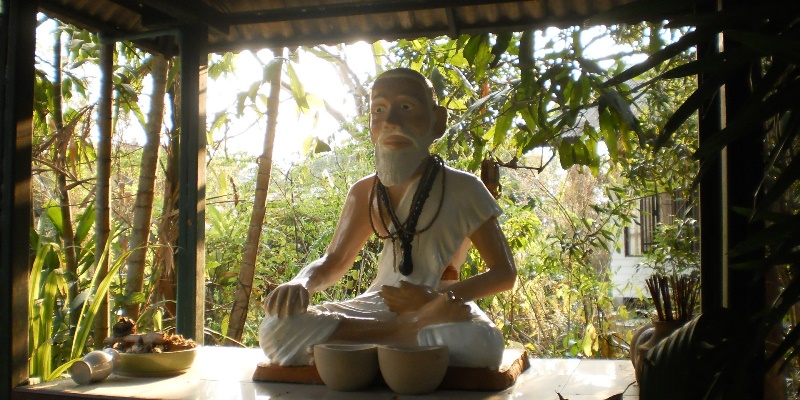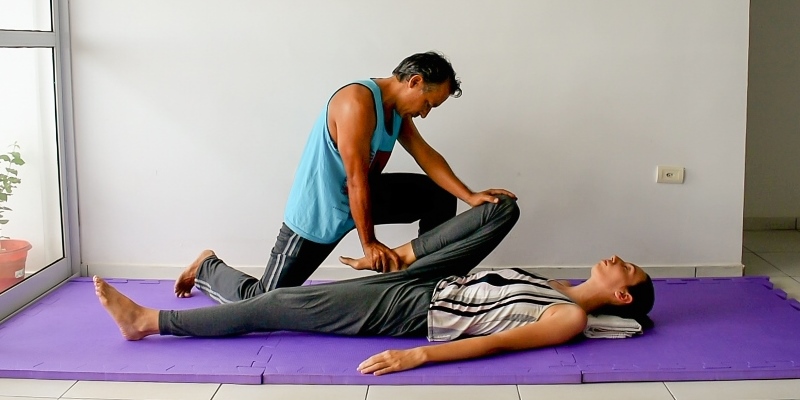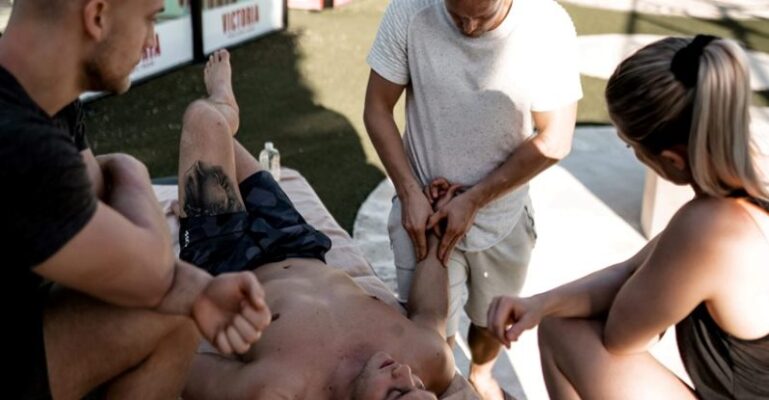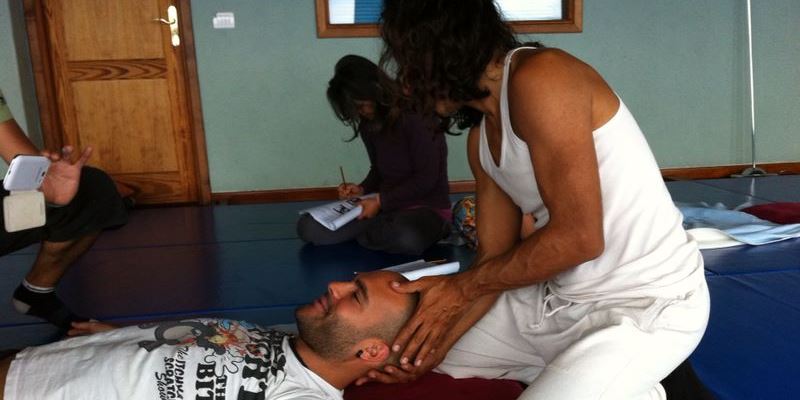
You’ve become a Thai Massage teacher and now you want to set up a Thai Massage Beginner Course. So, how long should a foundation training course take? What techniques should you share in the training? What study materials to use?
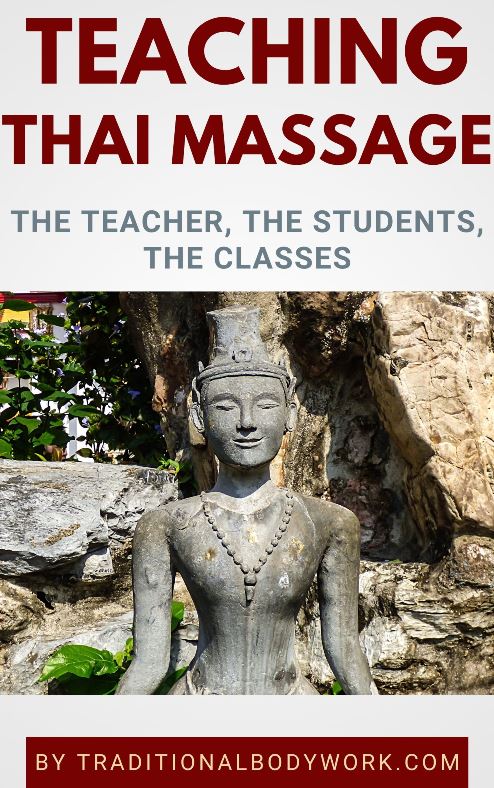
Well, you had an extensive Thai Massage training yourself, so typically you would take your own trainings as a template. If you have become an affiliated teacher, things will be quite easy: you will use the style, study curriculum and materials of the school you’re affiliated with.
In the latter case, it means that teaching methods, techniques and course duration are all preset. In fact, you will have no choice if you run a real affiliation or branch, because your training courses need to be more or less exactly the same as the “headquarters.”
If you’re not an affiliated Thai Massage instructor, well, you will be inclined to use your own Thai Massage beginner trainings as an example of how and what to teach. You may use existing Thai Massage study books and readers to teach from or you may create your own reader with some theory and, probably for the most part, stuffed with pictures you take or let take of yourself performing the various steps and sequences, and such.
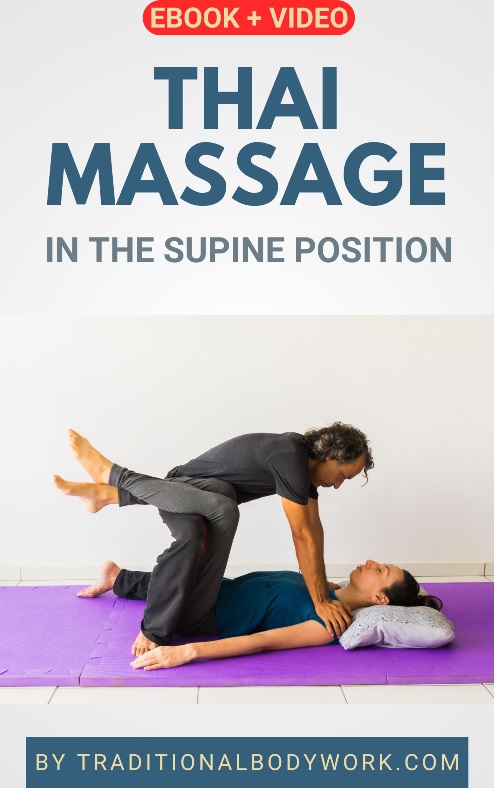
Typically, study periods for Thai Massage beginner courses or workshops can be anything between one day and ten days; it all depends on what your aim is, how large the groups are, and what exactly you want to share with your course. For instance, you may add Sip Sen Energy line theory and practice to your course or perhaps rather leave that for one of your next advanced Thai Massage courses.
Moreover, depending on where you live or give the training, it may be better to split up training sessions, like for instance, in four weekends, or five Sundays, or give them only in the holiday periods, whatever you may think is best suitable in your country or region.
Personally, I did all my studies in Thailand and generally I found that the Thai teachers and schools tend to teach too many techniques in too little amount of time. Sometimes you would get training courses with 150 to 200 different Thai Massage techniques in just five days (and some Thai Massage schools even advertise with this using it as a marketing technique). That’s crazy and actually it’s almost impossible to learn so many techniques in just a few days.
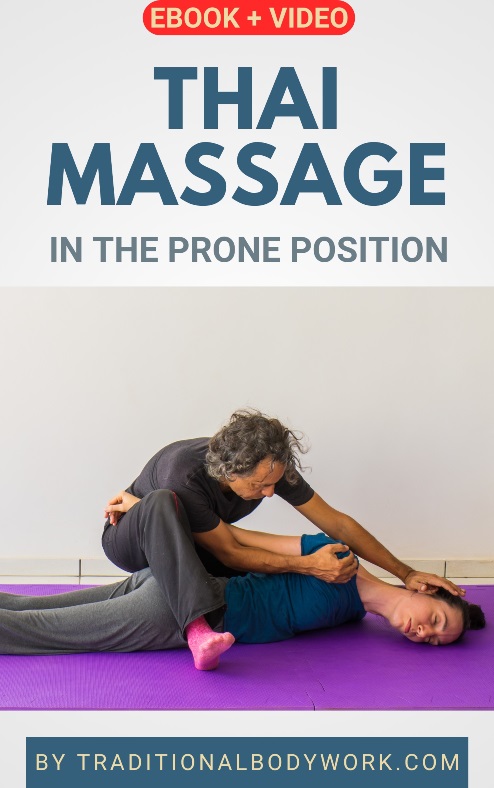
I think it’s better to teach less Thai Massage techniques in a beginner course and practice them more during the training time. Doing so gives less confusion and more value for a beginning Thai Massage student. Moreover, Thai Massage is not at all about knowing all the possible techniques, that can come handy at a certain point in a professional practitioner career, but more techniques can be taught in subsequent advanced training courses.
Another thing that I think you need to make space for in your beginner course is time to share info about the background, spirit and history of Thai Massage, the Thai people, Thai culture and Thailand. This is especially applicable for beginner courses (foundation students tend to want to know about these things also), but in subsequent (advanced) Thai Massage courses this aspect becomes less “hot” and takes far less time.
In any case, I feel that a foundation course is perhaps the most significant of all Thai Massage trainings. It’s where a student gets in touch with giving Thai Massage for the first time and there’s nothing more important than a good first impression. It may decide if a student will become a professional Thai Massage therapist or not. I feel that a Thai Massage instructor carries a great responsibility here to give his or her utmost best in making a beginner course as pleasant and instructive as possible.



